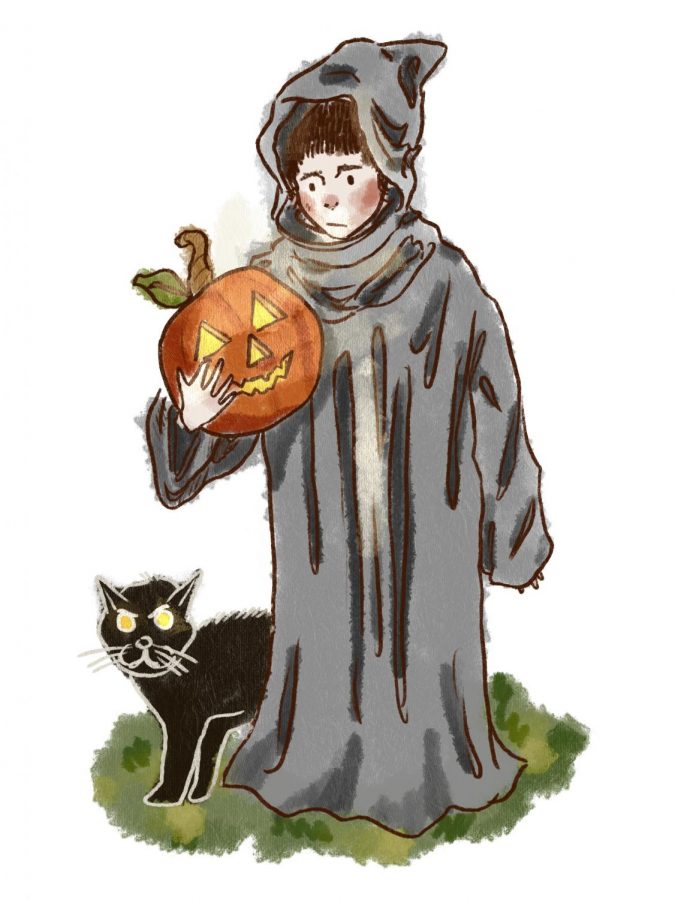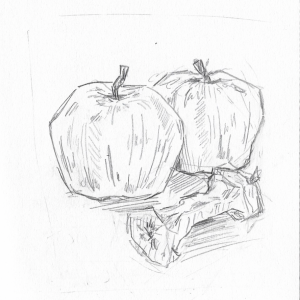Why does Halloween endure?
November 2, 2021
Everyone has heard of Halloween, but how much does anyone really know about it? From its roots and origins, to the reasons it has remained so popular for hundreds of years, there are a lot of questions to be considered. Do we enjoy the holiday for the same reason we watch horror films, for the scare factor? Or is it for the chance to be something else, to escape from ourselves for a night? In short: why does Halloween endure?
Before examining this question, let’s take a look at the history of Halloween. According to History.com, its origins come from an ancient Celtic celebration called Samhain, where villagers would dress up in costumes and light bonfires in an effort to ward off ghosts. Later, once Christianity had spread to Celtic lands, Samhain became known as All Soul’s Day, or All-Hallows’ Eve, which historians now believe was an attempt by the Church to replace Samhain with their own approved holiday, though its traditions remained largely the same. Over time, All-Hallows Eve was shortened to “Halloween,” and the celebration migrated to the newly-colonized America, where it slowly gained popularity.
But enough with the history lesson—the real question is, why do we still celebrate this somewhat morbid holiday of scares, frights, and ghost-banishing? In the article Why do we love horror? by Bonnie Evie Gifford, the author examines the psychology of why we, as a society, love horror movies so much. Gifford states that “Through genres like horror, we can gain the reassurance that the acts we are watching aren’t rational or thought out … a safe ‘evil’ that we can explain away.” Could our fascination with horror, and by proxy, Halloween, come from a deep-rooted desire to rationalize the horrors of real life? Is our characterization of so-called “evil” in the form of the clear-cut monsters of the holiday just another way of seeking black-and-white answers in a world full of ambiguity?
Then again, maybe it isn’t that deep. Modern-day Halloween doesn’t feature many bonfires or ghost-banishing ceremonies. For most people, it’s purely about community. Think about it: what other time of year do we interact with our neighbors and perfectly random strangers in such a creative and freeing way? Farooz Khan-Trunnell ’24 told the Register Forum that he believes the holiday’s popularity will not wane because “Halloween celebrates horror and fear in a way no other holiday or event can … It is also extremely versatile and appeals to a wide range of demographics.”
In the end, although fun to examine, there is probably more than one answer to the reason we love Halloween so much. In a world with so few black-and-white answers, this could be just another example of humans seeking explanations that don’t exist. But then again, maybe there is one answer.
Maybe it’s just the candy.
This piece also appears in our October 2021 print edition.









